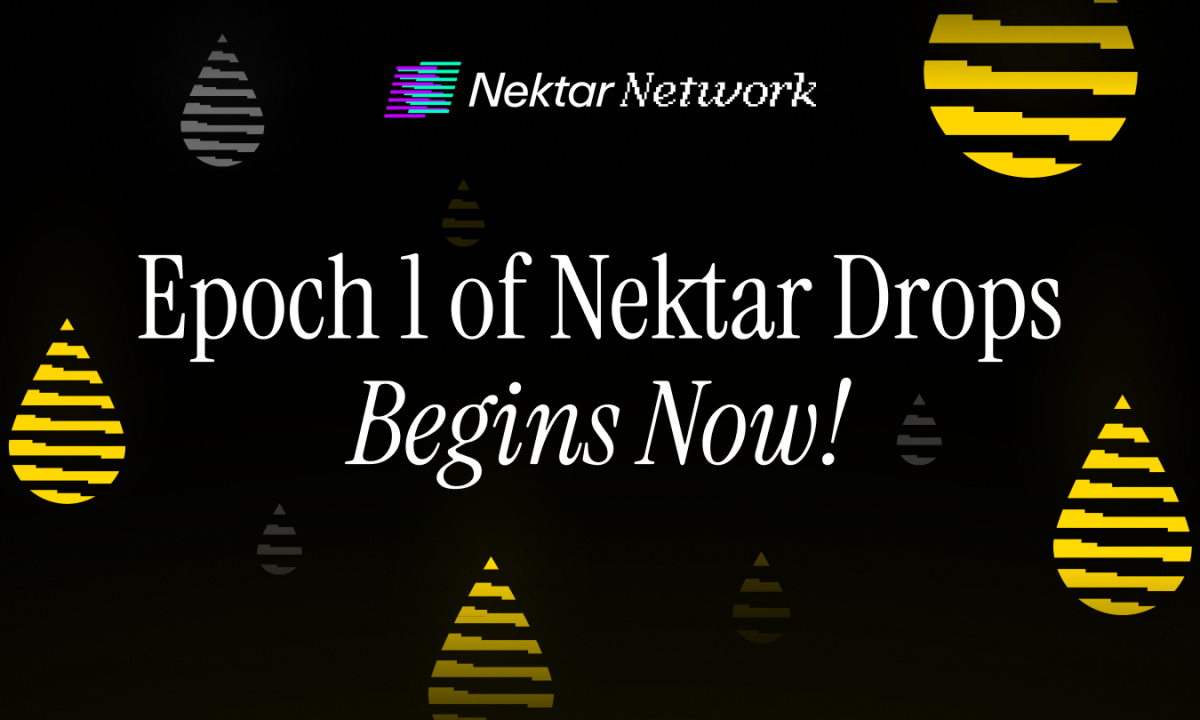How To Pick The Right Cryptocurrency Wallet For You

Don’t let yourself become confused over which Cryptocurrency wallet to choose. Our guide has been designed for beginners, and aims to help you to find the best and most appropriate wallet for you.
What are Cryptocurrency Wallets?
A cryptocurrency wallet is very similar to a physical wallet in that it allows you to store, send, and receive digital currency.
To describe it in a little more detail, it is essentially a software programme that will store private and public keys, and interact with blockchains that will enable users to send and receive digital currency, and monitor the balance.
Many types of cryptocurrency require the use of a wallet, so it is important that you find the right one for your chosen currency and needs.
How do the wallets work?
Given the fact that cryptocurrency wallets are essential if you want to do anything with crypto coins, it is vital that you understand how they work, so you can use them to their full advantage. There is a lot of common misunderstanding surrounding the wallets. The biggest misconception is that the coins are actually stored in the wallet. Instead, the wallets are designed to store a private key – this is much like a private code or PIN that is only known to you and your wallet; this shows ownership of a public key – which is a code connected to your currency. Because it stores both private and public keys, it will allow you to both send and receive coins, whilst lodging all transactions, ultimately acting in a similar way to a conventional wallet.
The private and public keys interact with a number of blockchains, which is what allows the user to monitor the interactions and balance, whilst conducting other operations. A person signs off ownership of digital currency when they send you the coins; but, in order for you to actually be able to spend these funds, the private key that is stored in your wallet, must match the public address that the currency is assigned to. If these match, your balance will increase, and the senders will decrease, despite there being no physical exchange of coins.
How secure are they?
Although all Cryptocurrency wallets have been designed to be secure; the level of security will differ from wallet to wallet. You can help the security of your own wallet, by not keeping more currency than you actually require in a single wallet that you are using frequently. On top of this, it is advisable to use a Google authenticator for added layers of protection, encrypting your wallet, and using an official wallet that has good reviews and recommendations. You can also try using multi-signature transactions.
Just as you should with anything valuable that is stored in an online account, it is also advised that you backup both your wallet and your private keys. This should include at least one hard copy, such as a CD or a memory stick. If anything happens to your wallet, and it has not been backed up, you will lose the keys and all of the currency that has been connected to it. Apply the same rules as you would to your physical wallet, and try not to store more in your digital one than you would in your real one. It is all about effective management.
The level of security will also depend on the type of wallet that you choose, whether it is a desktop, mobile, online, paper or hardware wallet (we will discuss the differences in further detail later on in the article).
Any form of online wallet is fundamentally exposed and can be exploited by hackers, who, if not stopped will steal your funds. Offline wallets are far less risky, as they eliminate this risk completely. They are not connected to an online network, which means that they do not rely on a third party for security. That is not to say that you should you should not consider an online wallet, as they are incredibly effective. You just have to understand that there is an element of risk involved and how you can reduce this risk.
So, just to clarify, here are some easy and effective ways that you can keep your online wallet secure, and your cryptocurrency funds safe:
- Make sure you are using up to date software
- This will ensure that you have the latest security enhancements available, which will help prevent hackers and theft. Once you have the most up to date software, do not forget to update it regularly on both your wallet, and also the software that is on your computer or your mobile.
- Back up your wallet
- This is quite possibly one of the most important things that you should be doing. Make sure that you are keeping minimal amounts in your wallet and the majority on a high secure environment and back up the contents several times, so it can be recovered should it every be hacked or stolen.
- Add further security layers
- Fundamentally, the more layers of security that you add, the more secure your wallet will be. Make sure that you set long and complex passwords, and ensure that you set your wallet security to require a password when withdrawing funds.
- Do your research and only use wallets that have a good reputation, and offer two factor authentications.
- Consider a multisig wallet like Armory or Copay, which requires the permission of another user before a transaction can be made at all.
Are there different types of wallets?
In a short answer, yes. There are a number of different wallets available to you, so it is important that you carry out your research to decide which one is the best one for you. They can operate in different ways, so make sure you seek advice and get the best one for you. Listed below are outlines of the different wallets, to help you decide which are the best ones for you:
- Desktop Wallets
- These are wallets that are downloaded and installed onto a PC or laptop, and are only accessible from the computer that they have been downloaded onto.
- This form of wallets offer one of the highest levels of security; however it is important to know that if your computer gets hacked, or infected with a virus, there is a possibility that this might result in a loss of your funds.
- Online
- Online wallets are stored on the cloud and can be accessed from any computing device in any location that you are in. They have different pros and cons – a pro being that they are more convenient to access, but a con also being that they are not controlled by you. Instead, they are controlled by a third party, which makes them more vulnerable and likely to hacking attacks and theft.
- Mobile
- The mobile wallets are pretty self-explanatory, and run as an app on your phone. These are great as you can access them from anywhere. If you are looking for a large wallet though, these are not very good, as they are much smaller than desktop wallets due to the limited space on a mobile phone.
- Hardware
- Hardware wallets store your private keys on a hardware device. They make transactions online, but they are stored offline, delivering increased security. They are compatible with many different interfaces and will support a range of different currencies; however, it does depend on which hardware wallet you decide to use.
- Hardware wallets make making transactions very easy, as users can just plug into their device to any computer that is connected to the internet, and enter their own unique PIN, which will then allow them to send currency.
- They are a very popular choice, as they allow you to easily make transactions, but keep all of your money offline, reducing the chance of hacking and risks.
- Many people also choose this option to store their long-term savings which they do not require regular access to.
- Paper
- Paper wallets are a very popular choice, as they are very easy to use and provide a great level of security and protection. The term paper wallet generally refers to two things. One is the physical printout of both your public and private keys, and the second is the piece of software that is used to securely generate the pair of keys that can then be printed.
- Paper wallets are among the more straightforward cryptocurrency wallets to use, and transactions are completed by the transfer of funds from the software wallet to the public address that is shown on your paper wallet. The opposite must happen if you wish to withdraw or spend any currency.
- One advantage with paper wallets is that because you have a physical printout of your keys that somebody would have to physically break into your home in order to steal them. They cannot be stolen or corrupted by hackers.
- Web Wallets
- Web wallets will store your key on the server for you, allowing you to simply log in and access your coins. You can access these from any device; however, you are trusting a company to look after your coins, and keep them safe on your behalf.
- Multi-Sig Wallets
- A multi-Sig wallet is exactly as it sounds. It requires two people to sign a transaction before it is sent out. Much like a joint bank account.
- Many people choose to use multi-sig wallets to secure their savings, as it requires that extra level of validation.
- Brain Wallet
- Brain wallets are a similar concept to paper wallets, but instead take it to the next level. There is no record of the private key, or how to access it. It is all stored in your own brain.
- Cryptographic programs are used to generate your private key from a passphrase, which is then used to re-generate your private key to import into a wallet programme without leaving an electronic or written record of your private key anywhere.
How do I know which one to choose?
You should use the above information to help you to choose the best cryptocurrency wallet for you. At the end of the day, it is a personal choice, depending on what you are looking for, and what cryptocurrency you use.
With that in mind, before picking a wallet, you should ask yourself a number of questions; such as:
- Do you require every access to this wallet, or is it going to be used to hold a larger investment?
- How many currencies will you be using?
- Will you require on the go access to your wallet, or will you only be using it at home?
Recognising the answers to these questions will help you to match the best wallet for you; however, there are still certain things that you should bear in mind and should be in the back of your mind at all times; such as:
- Security
- Keeping your funds secure is absolutely paramount, and is not something that should ever be overlooked. Some wallets are more secure than others, so it is important that you have carried out plenty of research prior to this. What sort of authentication does your chosen wallet have? Is the website secure? What reputation does the wallet have? Make sure you know everything you can about your chosen wallet before you commit.
- Anonymity
- Some wallets will offer full anonymity, so if this is something that is important to you, you need to ensure the wallet you choose offers this.
- User Experience
- Read reviews that have been written by other customers with regards to how easy the wallet is to use. Pick one that is simple and does not require too much to set up. If you know that you will be using your mobile more to access your wallet, consider getting one that has been designed for this purpose.
- Reputation
- Finally, think about the reputation of the wallet, and do not choose one unless you are confident that it has great reviews. There are plenty of forums where you can visit and see what your peers are saying about the wallet. This is also a great opportunity for you to ask any questions that you might have, and ask for their individual experiences that they have had with the wallet itself.
References And Further Reading:
- Blockgeeks; Cryptocurrency Wallet Guide: A Step-By-Step Tutorial
- Bitcoin; How To Choose The Best Bitcoin Wallet
- Disruptor Daily; Top 10 Best Cryptocurrency Wallets for 2017
- Cryptorials; Bitcoin Wallets Explained: How To Choose The Best Wallet For You
- Cryptocoins News; Why Choosing The Right Bitcoin Wallet Is Important
- Decentralize Today; An Investor’s Guide To Cryptocurrencies: Picking The Winners & Avoiding The Losers
- Disruptor Daily; Top 10 Best Desktop Cryptocurrency Wallets
- Crypto Currency Facts; What is a cryptocurrency wallet?







